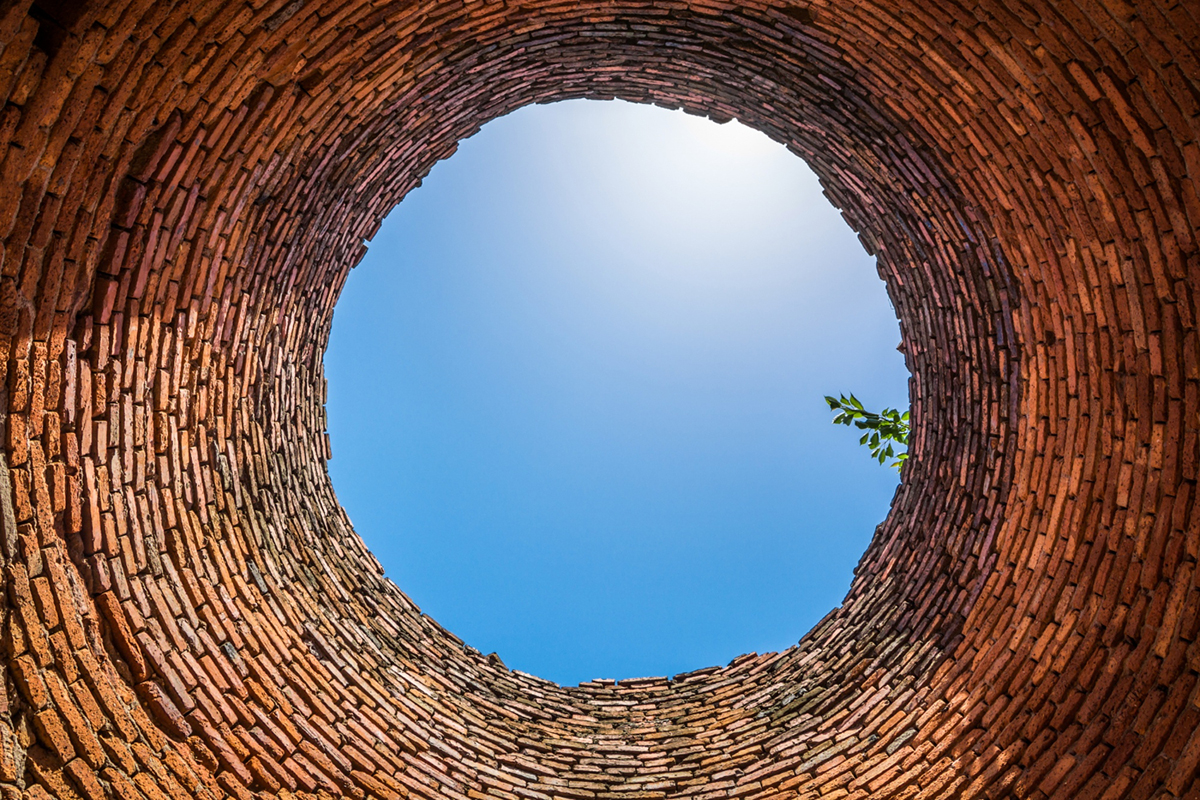The Pros and Cons of Using Well Water for Irrigation

Choosing the right irrigation system can make a significant difference in the health and beauty of your lawn and garden. The right irrigation method varies depending on various factors, including soil type, plant water needs, and local climate. One irrigation option is using well water, which may be more accessible and cost-effective. In this blog post, we will go through the pros and cons of using well water for irrigation to help you make an informed decision.
Pros of using well water for irrigation
- Cost-effective
With well water, you can save on your water bill as you will not need to pay for city or municipal water. You have a limitless water supply.
- Chemical-free
If you're a gardener or farmer looking to grow your produce without chemicals, well water offers a viable option. Municipal water sources often contain chemicals like fluoride and chlorine that can affect your greens' taste.
- Soft water
Well water is generally softer than city water, which often has added minerals. Soft water is less harsh on plants and does not leave residue on plants and soil, resulting in more vibrant greens.
- Reliable water source
If you have a reliable well system, you will have a continuous water supply for irrigation, even during water restrictions or dry spells.
Cons of using well water for irrigation
- Contaminants
Well water can contain contaminants that can harm plants and humans. Contaminants can seep into the groundwater from various sources, including pesticides and herbicides from farmlands.
- High mineral content
Depending on the area where the well water is coming from, the water may have a high mineral content, which can result in soil salinity, damage and even kill plants.
- Water Quality Testing
If you're using well water for irrigation, it's best to test the water duration to ensure it's safe. Testing well water for bacteria, heavy metal, TDS and PH levels, pesticides, herbicides and fertilizers will provide a better understanding of the quality of the water source.
- Water Flow
Depending on the well pipe size, the rate at which water flows from your well may not be sufficient for an irrigation system. Hiring a professional to evaluate your water flow and system will help you know its water delivery potential.
Conclusion
Well water offers several benefits for irrigation, including cost-effectiveness, chemical-free water for plants, and a reliable water source for your irrigation system. However, it's essential to ensure your well water is of good quality and ensure the water system can sustain an irrigation system's water flow. Working with professional irrigation installation service providers like JLC Outdoors Lawn & Landscape Services guarantees safe, cost-effective, and efficient irrigation solutions. Contact us today for a free estimate on well water irrigation install.
